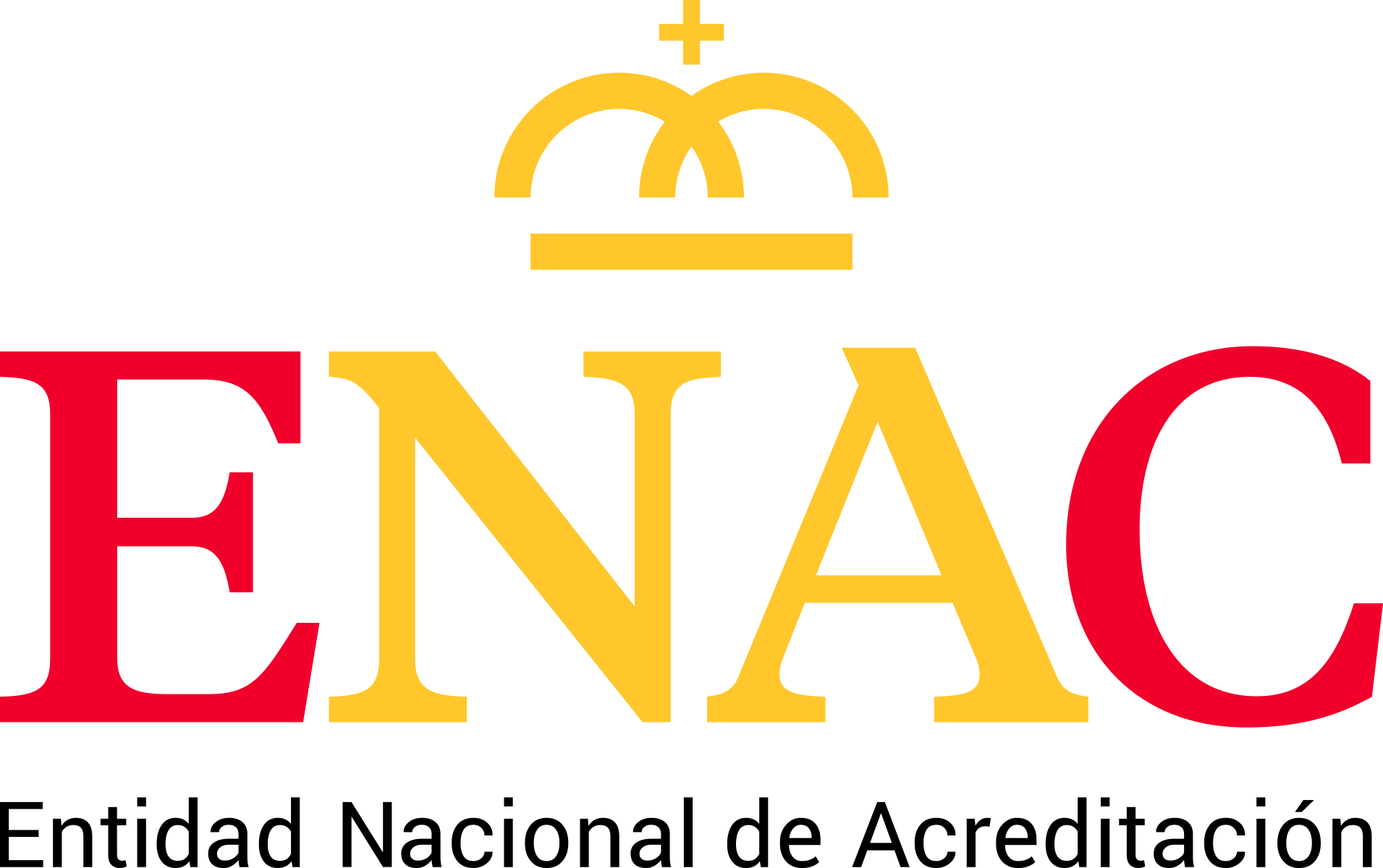Risks may arise if the evaluation of compliance systems is not carried out in accordance with the requirements established by regulation or is performed with a low level of quality, considering the fast evolution of international legislation, the sanctions toughening and the increasing relevance gained by preventive compliance actions in organisations. This can also lead to companies losing capital or the imposition of large fines.
For a compliance model to provide the level of trust it requires, it is essential that the bodies assessing it have been evaluated by an independent third party, to whom they have demonstrated their competence, impartiality and resources to perform its activity with the necessary rigour.
Accredited services
Some examples of accredited services that deliver confidence in crime prevention are accredited certification of both criminal compliance management systems according to UNE 19601 and anti-bribery management systems according to UNE-EN ISO 37001 and accreditation of bodies examining the prevention of money laundering and terrorism financing, among others.
- Certification of criminal compliance management systems according to UNE 19601
- Certification of anti-bribery management systems according to UNE-EN ISO 37001
- Accreditation scheme for bodies examining the prevention of money laundering and terrorism financing, developed by ENAC in close collaboration with the Spanish Association of Compliance (ASCOM) and the Institute of External Experts in Prevention of Money Laundering and Terrorism Financing (INBLAC)
- Certification of business continuity management systems in accordance with UNE-EN ISO 22301, which specifies the needed requirements to establish, implement, maintain and improve the business continuity management system of any organization, regardless of its sector of activity. activity or its size
- Certification of persons as tax advisors and responsible for good tax practices, professionals in public procurement, data protection officers as established in the scheme developed for the Spanish Data Protection Office (AEPD)…
- Certification of asset management systems in accordance with UNE-EN ISO 55001, which establishes the requirements to establish, implement, maintain and improve an asset management system, regardless of its sector of activity or its size, in order to optimize their value, balancing their performance with the financial, social and environmental costs, the risk and the quality of the service provided or product made
